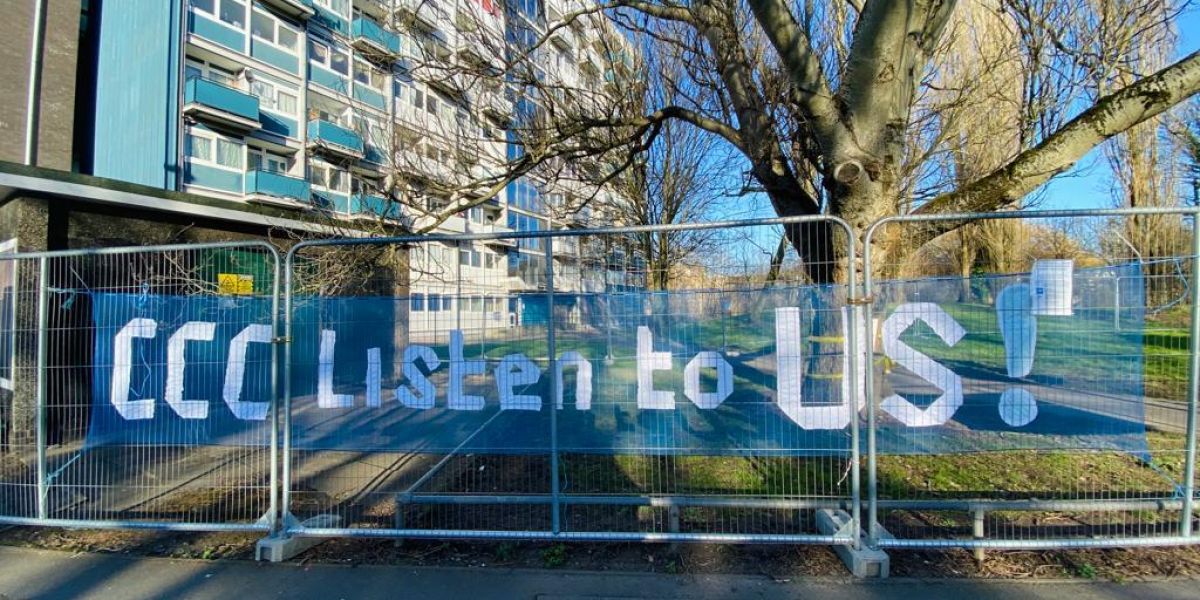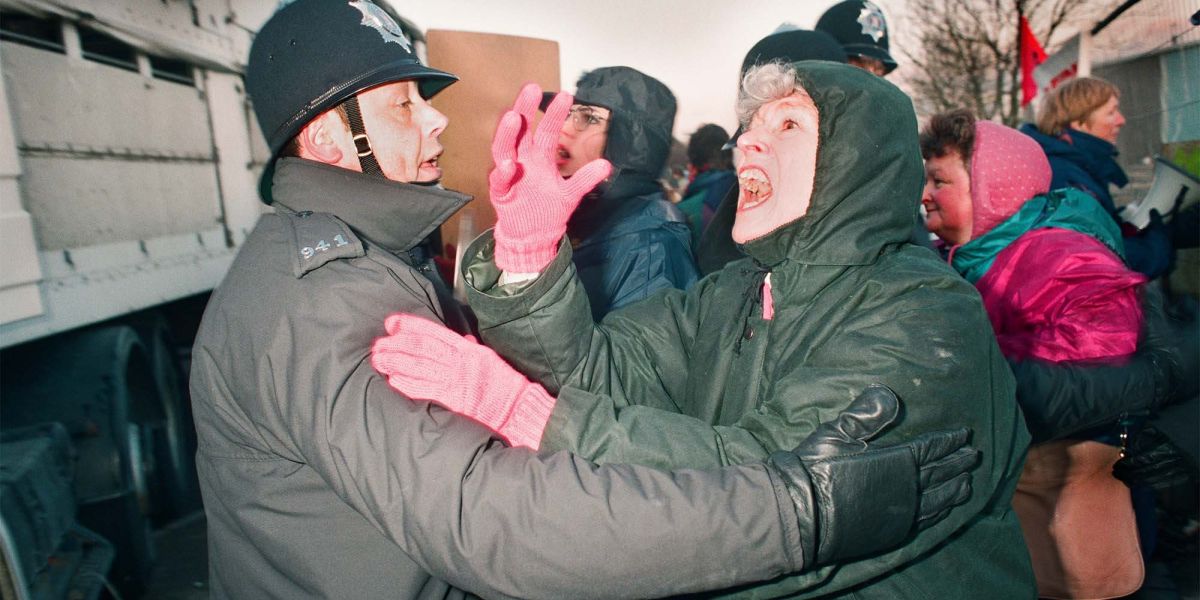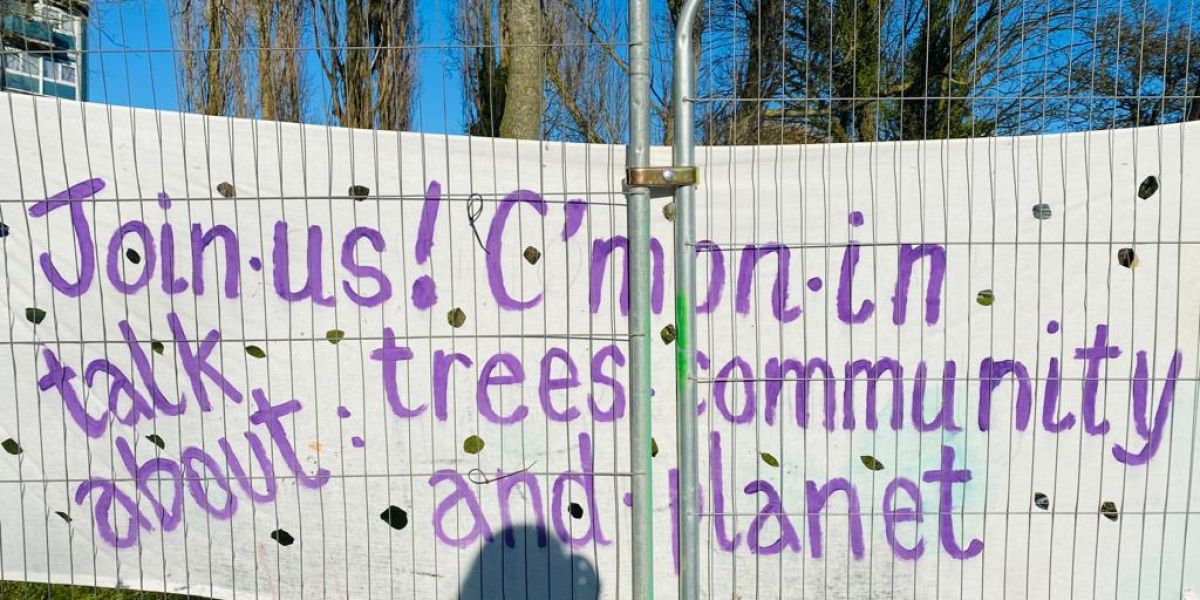In Coventry, meeting under the elephant means congregating below the Coventry Standard. It was installed as beacon and a symbol of strength in unity immediately after the war. It is still there today at the entrance to the precinct from Broadgate and is still used as a place to meet.
With thanks to Arts Council England and Coventry City of Culture Trust for their generous support
Twelve non-artist participants have worked with two artists, Hardish Virk and Adele Mary Reed, and curator Charlie Levine, to move from inspiration to exhibition in response to something happening in Coventry they don't agree with. They have focused on two themes: changes to place/ space and South-Asian counterculture communities.
Through the Looking Glass
Sara has explored a natural space in Coventry that has been, and continues to be, encroached upon by development.
The Sherbourne corridor, once home to a powerful mill as the river moved away from the city and Carthusian Monastary Charterhouse, and towards the Avon river and open countryside, has been historically altered by man's interference.
Railways and roads first changed the open nature of the space and then the city recycling facility was sited there in the post-war era, a large, noisy facility that looms over the trees, pathways and river.
Despite this the area remained a small nature reserve, popular with dog walkers.
Now a new recylcing centre, in addition to the current one, and huge as it will take recycling from across the Midlands, is being built.
Sara's meditations explore the effect of the MRF as it is being built and she muses on the future of this fragile natural space in a film of gentle visual persuasion.
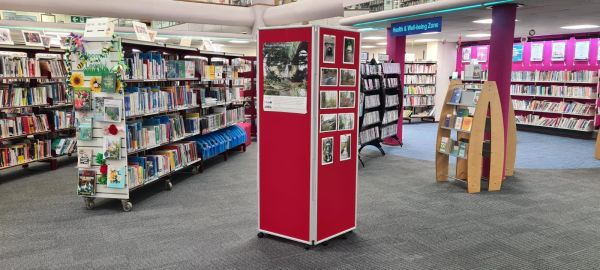
Sara's film accompanies an exhibiton at Coventry Central Library and a zine available at Coventry Central Library.
Spon End Doesn't Matter
This film explores Coventry City Council's decision to cut down historic trees in Spon End, Coventry, on the edge of a conservation area. Local protestors and resident complaints and objections were ignored to make way for a road widening scheme.
Three local people, Terry, Judith and Martina, worked with artist Adele Mary Reed to produce the film, developed using footage from the peaceful protests. The idea was to help protestors use art as an alternatvie way to engage people in their debates.
Art holds a specific position in our culture to help us think and reflect on the stance taken by people - and so, art, added to peaceful protest and legal objections, offers a third way to the group to voice their concerns.
The group premieried the film at Art Riot Collective at FarGo Village, Coventry on Saturday 18th June, with a workshop for people to create placards with messages of protest. A second screening at Albany Theatre in Coventry on June 29th 2022 which will be accompanied with a Q&A.
Spon End Camp (Terry Sandison, Judith Craig, Martina Irwin) and Adele Mary Reed for @PhotoMiners
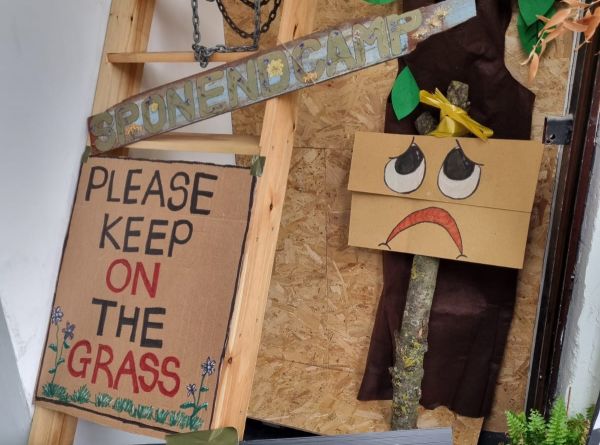
Martina Irwin
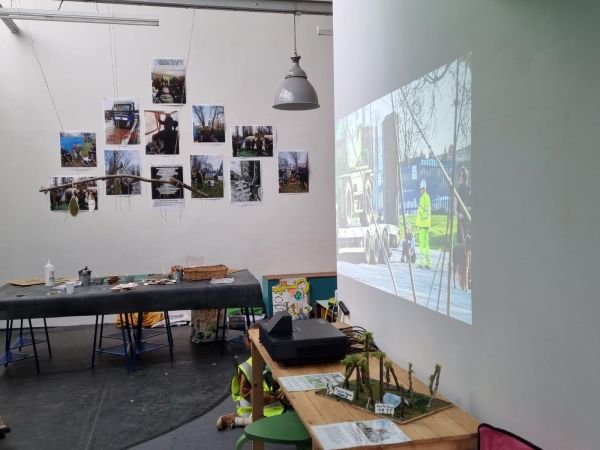
Martina Irwin
What is a Safe Haven?
Dav Kaur worked with @artriotcollective to produce placards to raise awareness during Refugee Week 2022 of the effect of the UK asylum system on the lives of migrants and refugees. Dav was inspired by artist Peter Liversedge, whose placards about the NHS inspired so many during lockdown.
Dav is a refugee who came to Britain to escapre an abusive marriage. She has spent 18 years fighting for indefinite leave to remain. In this time she has worked continually and her son has gone through the education system. Dav's legal fees have been in excess of £50,000 during this time as she has sought to provide stability for her family. Her long experience of what the government themselves call a 'hostile environment' is a forewarning to new migrants hoping for a quick resolution to their case and provides the energy for her involvement in this project.
Having been inspired to act, Dav is planning a workshop as part of the project with Art Riot Collective and Coventry Refugee and Migrant Centre, where recent migrants and refugees can come and produce their own placards to add to those already created by Dav.
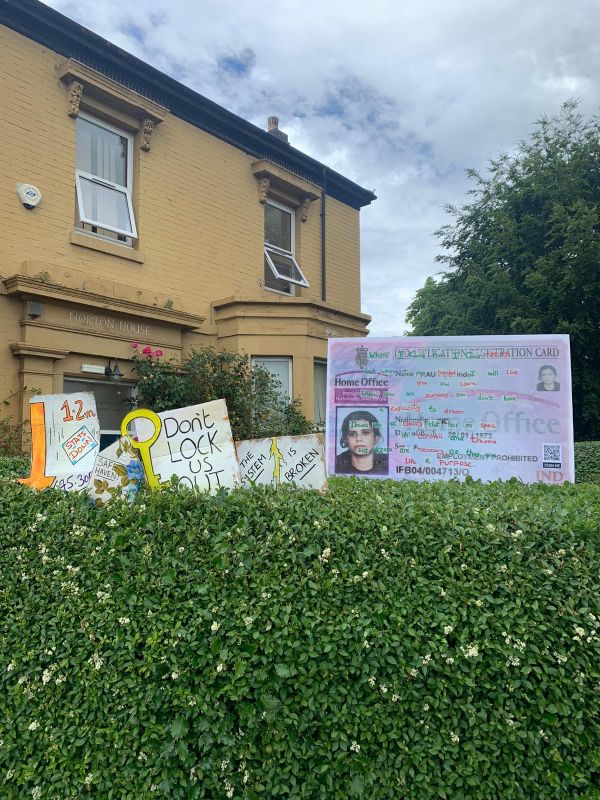
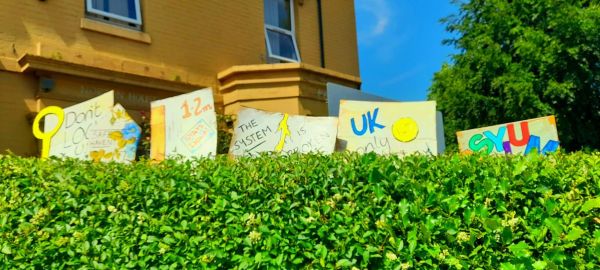
Jason Scott Tilley
Breaking the Chain
The year is 2020. After meditating in the mountains for 10 years, Arglebargle and Foofinanni return to their home town of Coventry, only to discover that Ben's Cookies is gone and Cathedral Lanes is full of fancy chain restaurants. Help them avenge Ben's Cookies by using Foofinanni (smaller puppet) to run amok (knock the blocks over.)
After causing such destruction, Foofinanni and Arglebargle find out that Ben's Cookies was also a chain company and they fly into the sun in shame. There's no way they could have survived is there?
This whimsical look at the dominance of chain stores in cities and the difficulties in understanding their role in society is the work of Tom Edwards, a young Coventrian now interested in a career as a sculptor. His socially-engaged approach raises important issues in a light and playful way, bringing these issues to new audiences.
Tom's sculptures are to be used and can be played with at FarGo Village in Coventry, a space for indpendent shops - just right for Arglebargle and Foofinanni.
Kate Rosin
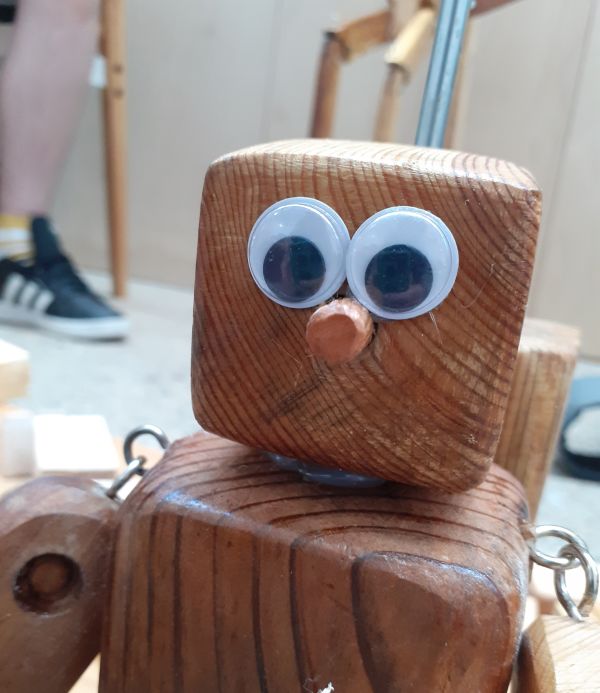
Brown, Brit & Proud
Anita Nakra has produced a poetry zine reflecting on her identity and challenging some of the assumptions that might be made about South-Asian culture. The zine is placed in shops along the Foleshill Road in Coventry - to get one you'll need to go there.
Once there, a map on the back will help you navigate the area and immerse yourself in the local culture as you read Anita's poetry.
To find one of the zines, look for the poster in shop windows.
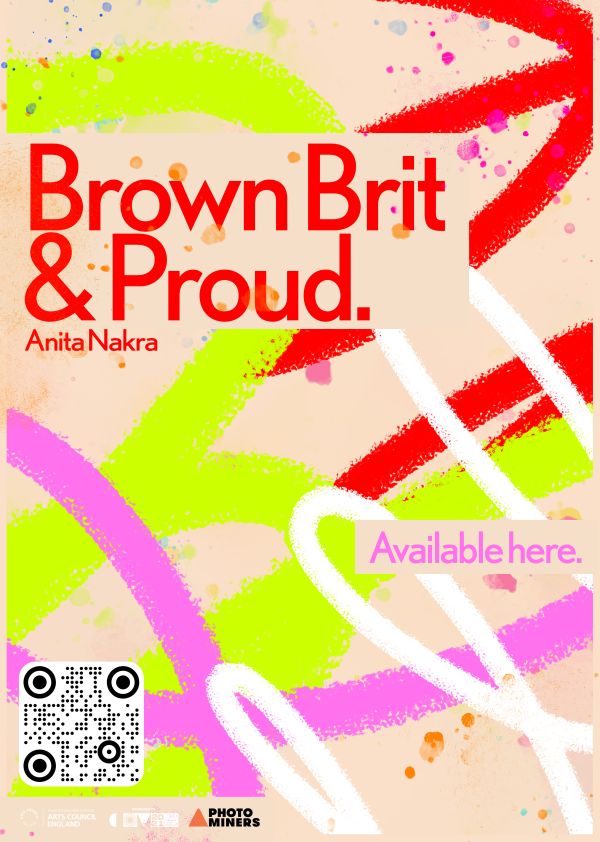
Monstrosity of Marvellous
Aaron Law’s home town of Coventry has underpinned his love of post-war art and architecture. As areas of the city are replaced, he questions the wisdom of forgetting the brilliance and innovations of the past. The loss of the past space, for which public art is created, means that new homes, if any, must be found for the artwork - removing it from its historic context and, perhaps, diminishing it as part of the city's story.
Aaron has created his eight page zine (A5 William Mitchell PDF) which is available for free in many places people stop to find out more about Coventry: the central library, information centre at the train station, student's union, Herbert Museum and other galleries. He invites you to use the map and navigate Mitchell's Coventry before much of the area (Bull Yard) is demolished to make way for a new development. Whilst Mitchell's work will survive, will it tell the same city story?
On Mitchell
William Mitchell was an artist most known for his sculpture work in the 1960s and 70s. He has works across the world including San Francisco, Hawaii, Qatar, London and Coventry.
Often abstract, his art can be seen in many public spaces and buildings utilising materials available to him such as fibreglass and concrete reliefs to add features to new developments.
Over the years this work has been neglected but more recently many successful listing applications have been made in the UK including the Three Tuns mural in Bull Yard, Coventry.
Some other notable examples include the stations of the cross in Clifton Cathedral, entrance panels at Liverpool Metropolitan Cathedral and the Hockley climbing wall in Birmingham.
Further information about Mitchell’s work in his autobiography: Self Portrait, The Eyes Within and you can keep up to date with Aaron's work on Mitchell on his own website.
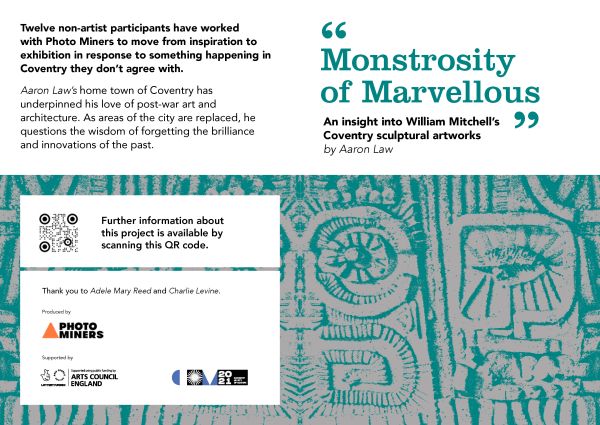
Prashant Kansara on Hillfields
Prashant Kansara grew up in Hillfields, Coventry, and was socially-taught early on that the place had a reputation that needed to be managed: for some it was a no-go place, for others who lived there a job might hinge on whether you admitted it was your address. This territorial stigmatisation hid the principal role of the place - it was home.
Not being able to call home 'home' displaces us. Prashant began life displaced and unsettled. Through this artwork Prashant re-connects with Hillfields and he begins to examine the trauma of the unsettled through his paintings.
In this written piece Prashant explores the process of working through this project and how space and support are crucial to new artists. Below is his work in progress.
Prashant's final pieces will be on display at Common Ground, FarGo, Coventry,from August 15th.
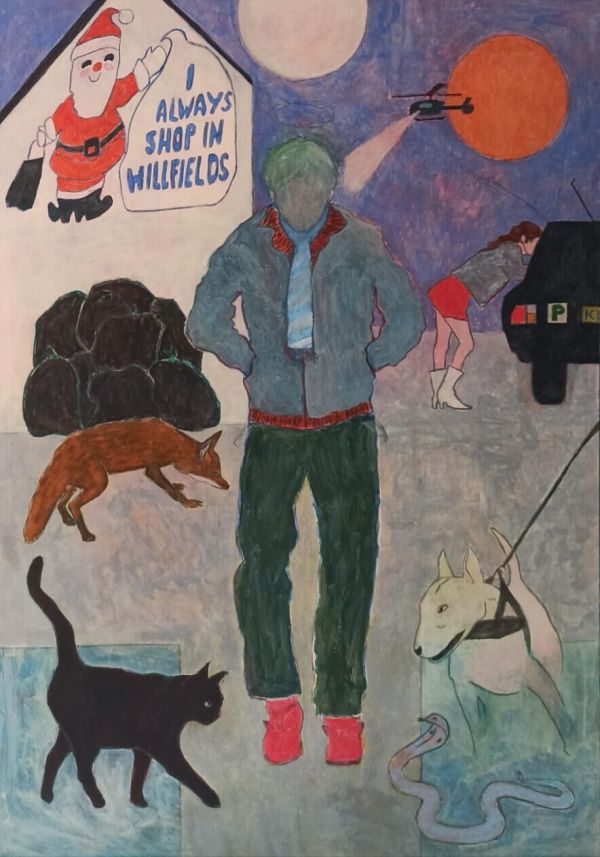
Prashant Kansara
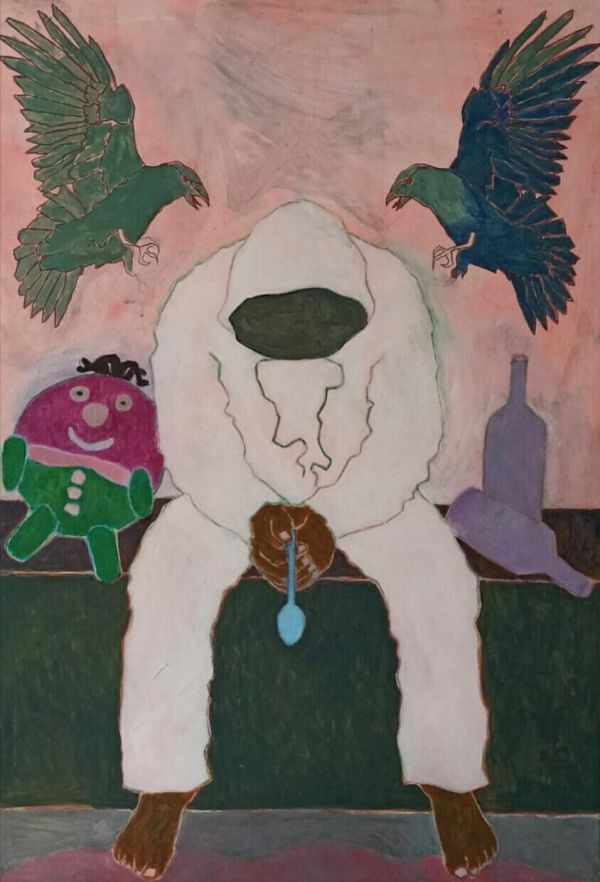
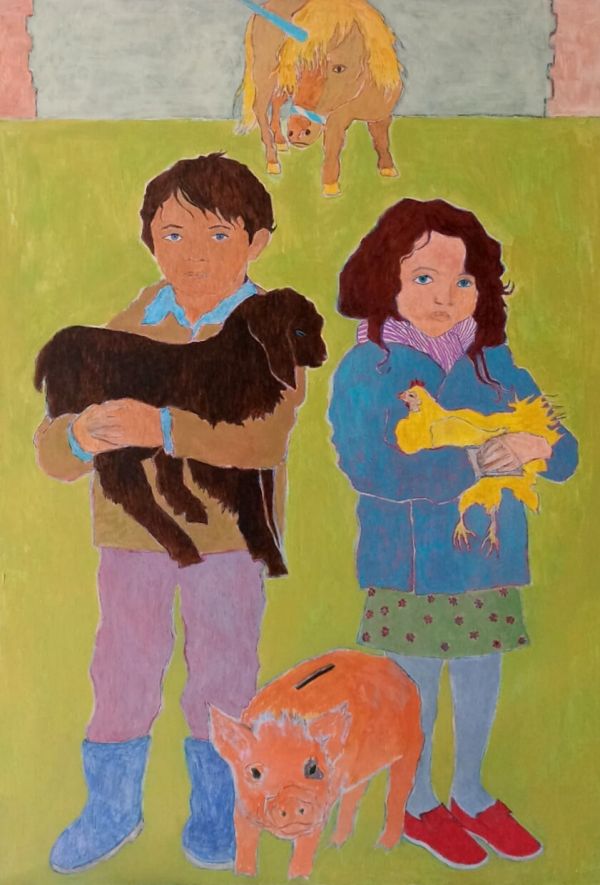
Prashant Kansara
This Came From Your Home
Archives enable us to explore the past in a meaningful way. They are the evidence of stories that created the place you are in, proof for many of us that we contributed.
In this project, Jitey Samra and Ellie House work through an archive found at Foleshill Community Centre, in a cupboard seemingly unused since the 1980s.
The hundreds of photographs are of users of the centre dating between 1946 and 1986 and reflect the changing community. Jitey as a long-standing community member knows many of the people. Ellie, as a worker at the centre, wants art and heritage to play a part in the daily narrative of the place.
Ellie digitised the photographs and Jitey has curated a selection of 20, which will go on permanent display at the centre in new frames and printed on archival paper. Each image will be accompanied by an interpretation panel that the public can add information. This way, Jitey's new curation skills will be embedded in community story telling and focused on drawing-out the nuances that connect us all.
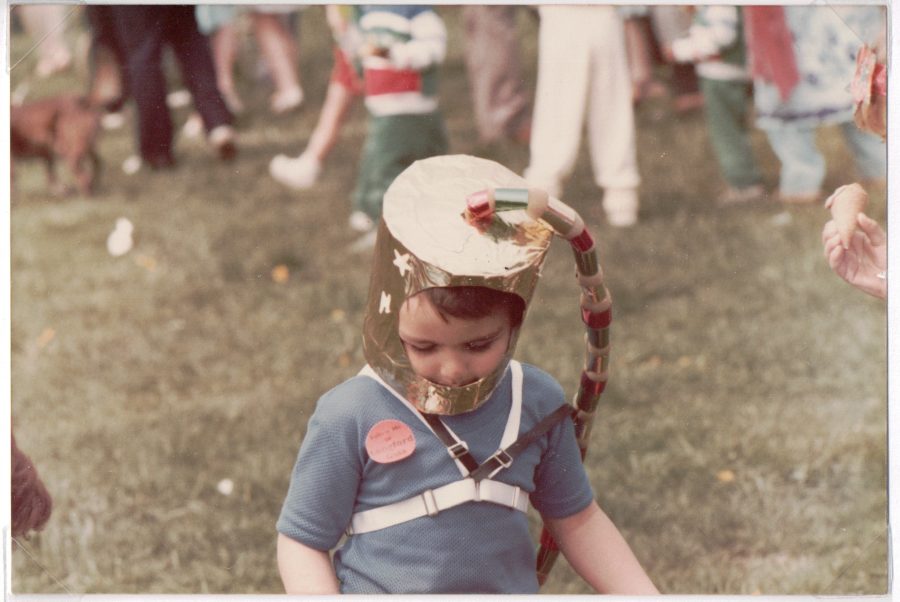
Longford Gala - 1986
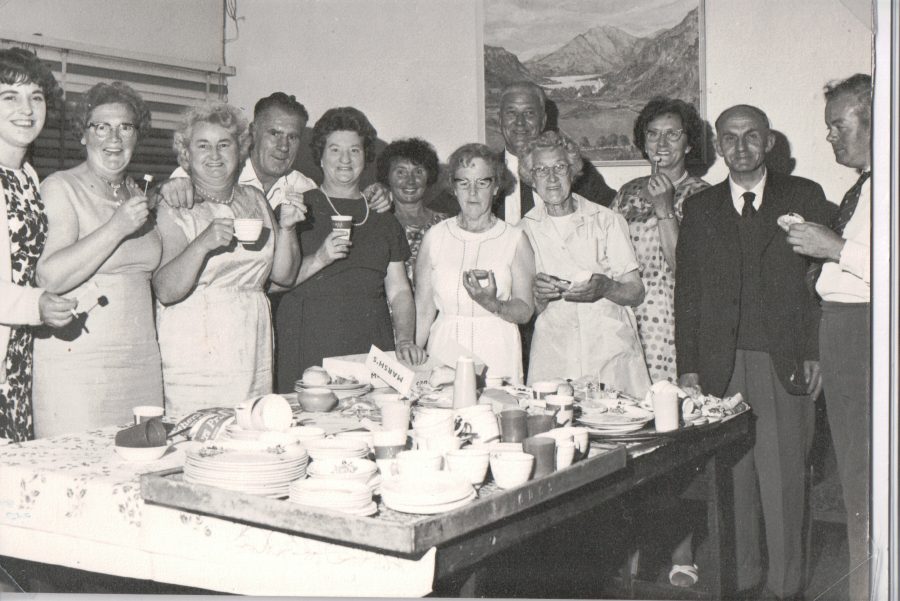
Community organising - for events, for politics, for family. 1960s
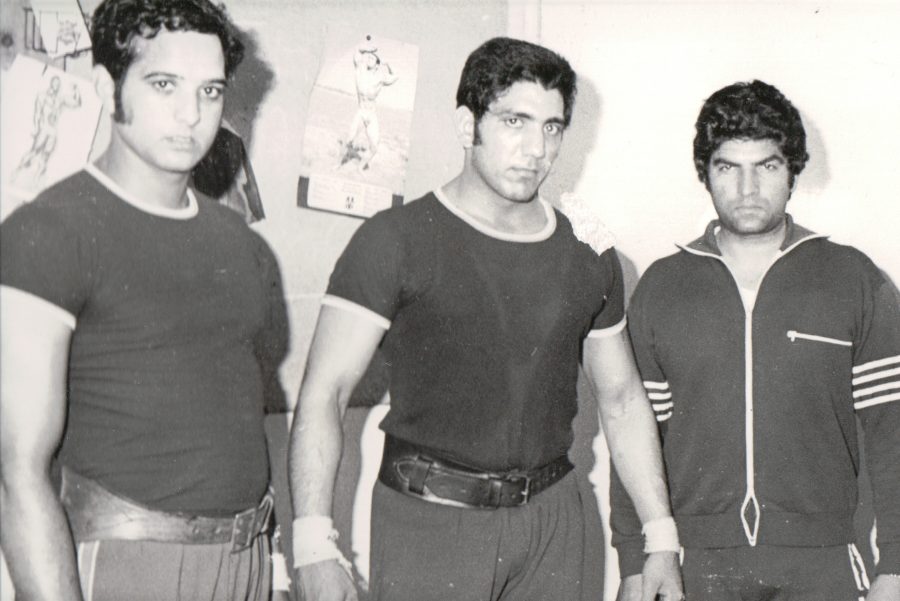
Bodybuilding, 1970s - the names of these men are known and Jitey is talking to their families about telling their stories.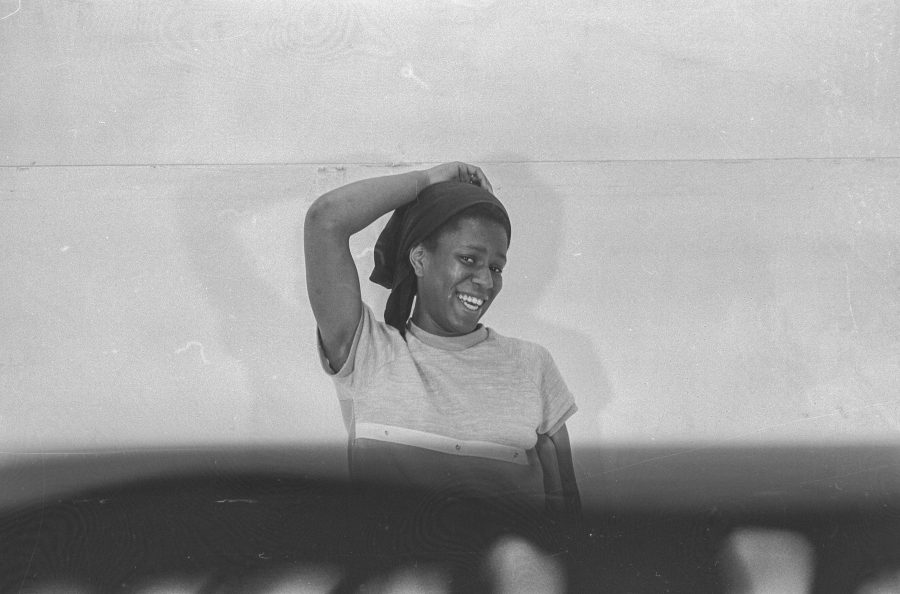
Unknown woman - this is why we have interpretation panels for the public to add to.

